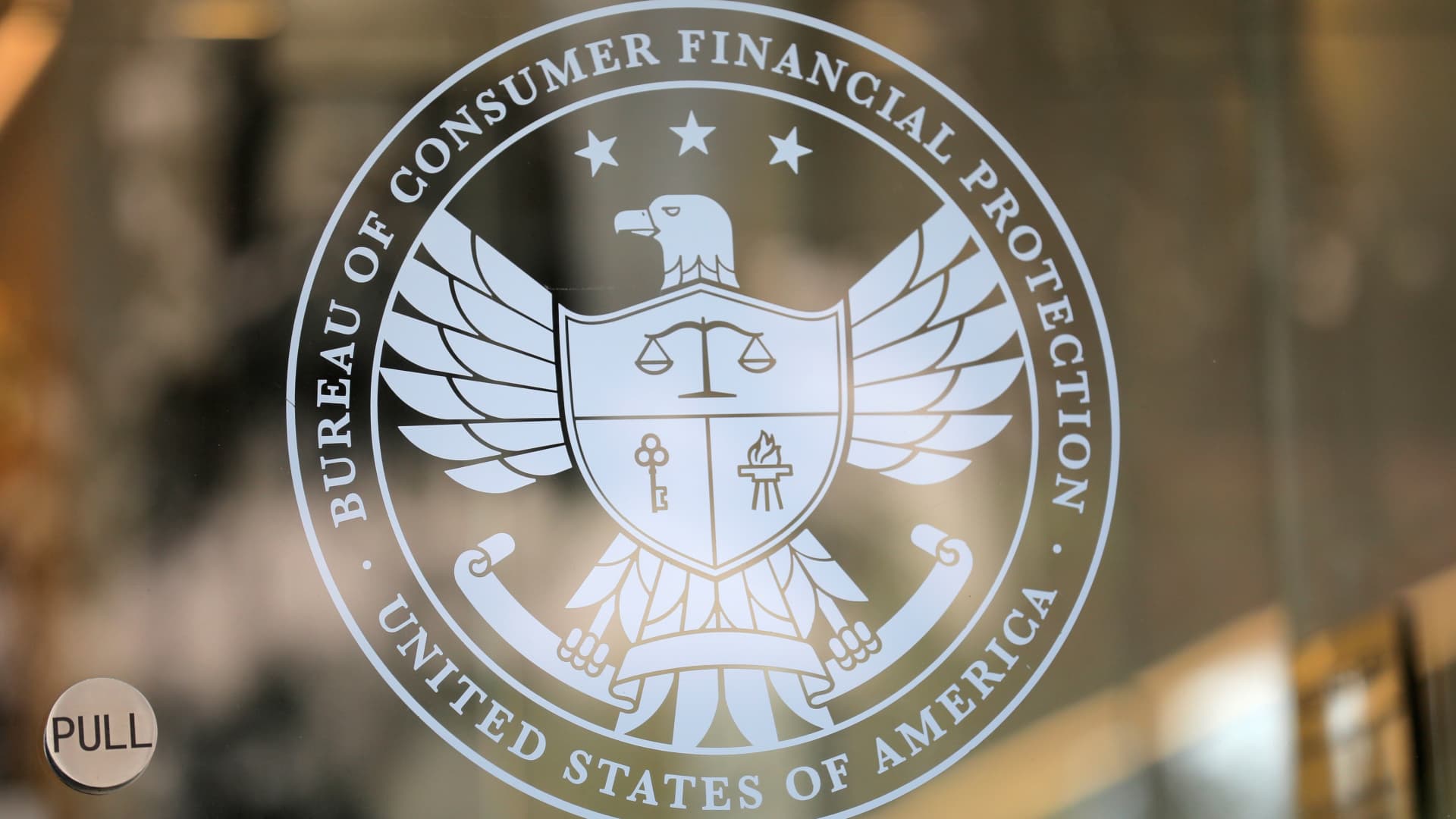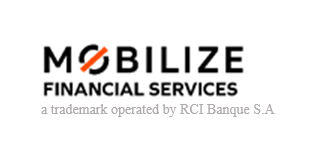CFPB Budget Slashed: Are Consumers About to Lose Their Financial Shield?
Finance
2025-04-29 12:53:08Content

A High-Stakes Showdown: Trump's Challenge to Consumer Financial Protection
The Trump administration is waging a strategic battle to dramatically reshape the Consumer Financial Protection Bureau (CFPB), potentially transforming how financial regulations protect everyday Americans.
At the heart of this confrontation is a fundamental question: How much can the administration scale back the agency's power without leaving consumers vulnerable to predatory financial practices? The ongoing legal and political struggle could have far-reaching implications for millions of Americans who rely on the CFPB's protective oversight.
Consumer advocates warn that any significant reduction in the bureau's authority could open the door for banks, credit card companies, and other financial institutions to return to risky practices that dominated the pre-2008 financial landscape. Meanwhile, the administration argues that the CFPB's current structure represents an overreach of government regulation.
The potential impacts for consumers are substantial. Reduced CFPB oversight could mean:
• Less protection against unfair lending practices
• Fewer safeguards for credit card and loan agreements
• Increased risk of hidden fees and aggressive financial marketing
• Diminished ability to file complaints against financial institutions
As this high-stakes battle continues, consumers are watching closely, understanding that the outcome could significantly affect their financial security and rights.
Consumer Protection Showdown: How the CFPB's Future Hangs in the Balance
In the complex landscape of financial regulation, the Consumer Financial Protection Bureau (CFPB) stands at a critical crossroads, facing unprecedented challenges that could fundamentally reshape consumer financial protections in the United States. The ongoing legal and political battles surrounding this agency have far-reaching implications for millions of Americans, touching everything from credit practices to financial transparency.Navigating Turbulent Waters: The High-Stakes Battle for Consumer Financial Rights
The Constitutional Conundrum of Agency Independence
The CFPB's structural design has long been a point of intense legal scrutiny, with critics arguing that its unique organizational framework potentially violates fundamental principles of governmental oversight. Unlike traditional regulatory agencies, the CFPB was established with unprecedented autonomy, allowing it to operate with minimal congressional intervention. This distinctive model has sparked heated debates about the agency's constitutional legitimacy, with conservative legal experts challenging its funding mechanisms and leadership appointment processes. The agency's leadership structure, which traditionally allowed a single director to be removed only for cause, represented a significant departure from standard governmental administrative practices. This unique arrangement has been viewed by some as an unconstitutional concentration of power, potentially undermining the principles of checks and balances that are fundamental to American governmental systems.Financial Industry Pushback and Regulatory Tensions
Financial institutions have mounted increasingly sophisticated challenges to the CFPB's regulatory authority, arguing that the agency's expansive oversight creates unnecessary bureaucratic burdens. These organizations contend that overly stringent regulations can stifle innovation and restrict consumer access to financial products and services. The complex legal landscape has seen multiple court challenges that seek to limit the CFPB's scope and power. These legal battles represent more than mere procedural disputes; they symbolize a broader ideological conflict about the role of government in protecting consumer interests versus facilitating free-market dynamics. Financial industry lobbyists have consistently argued that the agency's regulations can inadvertently create more harm than protection, potentially limiting credit availability and increasing costs for consumers.Potential Implications for Consumer Financial Protection
The ongoing legal and political confrontations surrounding the CFPB could have profound consequences for consumer financial rights. Potential outcomes range from modest regulatory adjustments to fundamental restructuring of the agency's operational framework. Consumers might experience significant changes in how financial products are regulated, monitored, and made available. The stakes extend far beyond bureaucratic restructuring. At the heart of these debates lies a critical question: How can financial regulation effectively protect consumers while simultaneously maintaining a dynamic, innovative financial ecosystem? The resolution of these challenges will likely set precedents that influence consumer financial protections for decades to come.Technological Disruption and Regulatory Adaptation
As financial technologies continue to evolve at an unprecedented pace, the CFPB faces the complex challenge of adapting its regulatory approach to emerging digital financial platforms. Fintech innovations like cryptocurrency, blockchain-based financial services, and AI-driven lending algorithms present novel regulatory challenges that traditional oversight mechanisms were never designed to address. The agency must develop sophisticated, forward-looking strategies that can anticipate and mitigate potential risks associated with these technological disruptions. This requires not just legal expertise, but also deep technological understanding and the ability to craft flexible, adaptive regulatory frameworks.Political Dynamics and Future Outlook
The CFPB's future remains intrinsically linked to broader political dynamics, with different administrative approaches potentially yielding dramatically different regulatory environments. The agency's survival and effectiveness depend on its ability to navigate complex political landscapes while maintaining its core mission of consumer protection. Stakeholders across the financial ecosystem—from consumer advocacy groups to financial institutions—continue to watch these developments closely, understanding that the outcome will have significant implications for the future of financial regulation in the United States.RELATED NEWS
Finance

Wall Street Insider: Curran's Bold Moves Shake Up LA's Financial Landscape
2025-04-28 19:20:04
Finance

Financial Turbulence: Poxel Delays Annual Report and Reveals Q1 Fiscal Insights
2025-04-16 16:03:00
Finance

Trade War Escalates: Trump Doubles Down on Tariffs as Global Tensions Simmer
2025-03-04 10:52:15





